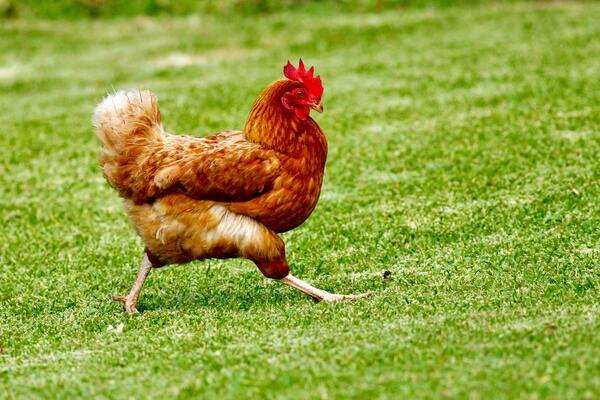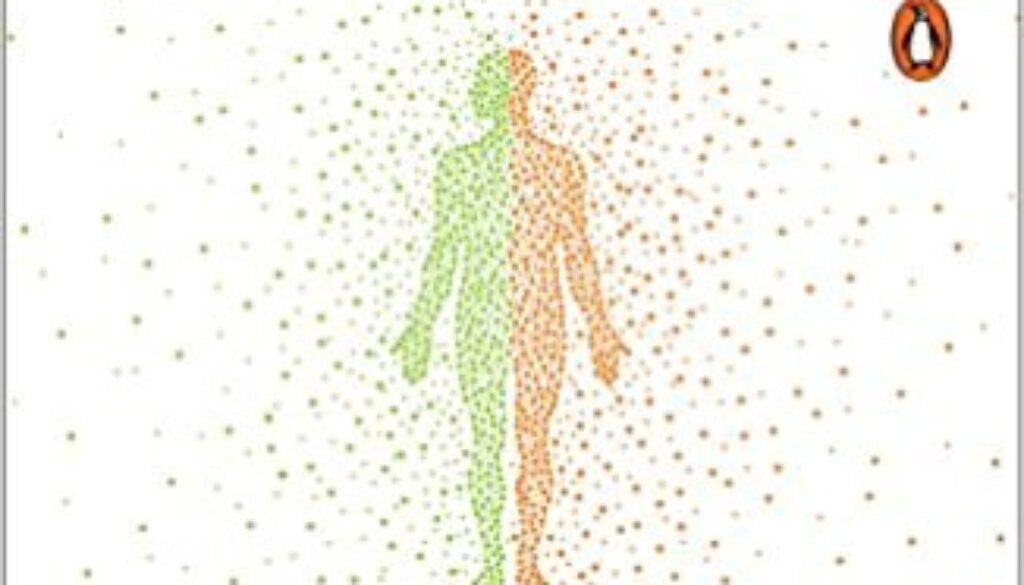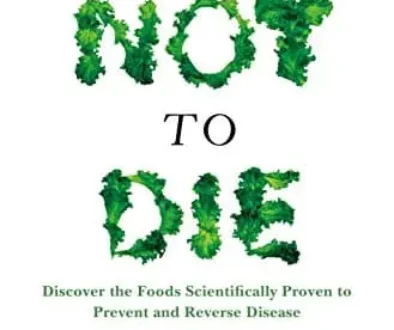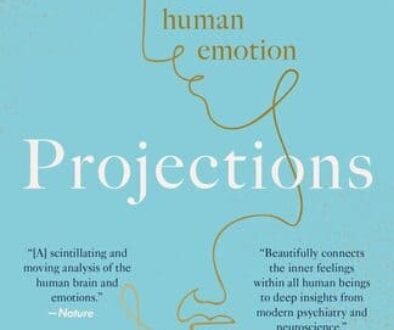Behave: The Biology of Humans at Our Best and Worst by Robert Sapolsky
behave robert sapolsky
We read and suggest
Book – Behave: The Biology of Humans at Our Best and Worst by Robert Sapolsky
We read and we suggest the book by Robert Sapolsky “Behave: The Biology of Humans at Our Best and Worst”.
- Rating (Goodreads): 4.4⭐ (~18.5k+ votes)
- Author: Robert Sapolsky (Stanford Profiles)
- Paperback: 800 pages
- Publication Date: May 2017
- Available at: Amazon, Barnes & Noble
- New York Times Bestseller
Book: Behave by Robert Sapolsky
Why Do We Do The Things We Do?
This is the main question Robert Sapolsky is trying to answer in his book Behave. The best book of the year, according to The Washington Post and The Wall Street Journal.
The well-established neurobiologist and primatologist, through his delightful storytelling concept, is examining human behavior as its whole, both good and bad.
Dr. Robert Sapolsky details the influences on our behavior. The biology professor examines first the influences that took place recently, like neurological reactions. Then he dives into those that occurred thousands of years ago, such as the genetics that hardwired our brains. He begins by examining the variables that affect a person’s response at the exact moment a behavior occurs, then hops backward in time from there in stages, eventually arriving at the complex evolutionary history of our species.
To do this he answers questions like:
- What was going through a person’s mind just before the behavior occurred?
- What was it about the sight, sound, or smell that made the nervous system exhibit that particular behavior?
- What hormones had an impact, hours to days earlier, on how sensitive that person was to the cues that triggered the nervous system?
- What was the social and cultural influence over this last behavior?
- And, finally, what role did his or her genetic makeup play?
Behave, Rebert Sapolsky – Overview
The book Behave begins by examining the basics of human behavior from a biological perspective, exploring the role of genetics, brain structure, and hormones in shaping behavior. Sapolsky then delves into the impact of environmental factors, such as stress, on behavior and how stress can alter the brain and lead to physical and mental health problems.
Next, the author explores the social factors that contribute to human behavior, including cultural and historical influences, group dynamics, and the role of institutions such as religion and the legal system. He also looks at the impact of historical events and larger global trends on individual and collective behavior.
Key Elements
One of the key themes in the book is the tension between nature and nurture in shaping human behavior. Sapolsky argues that while both biology and environment play a role in behavior, it is impossible to separate the two completely. He also explores the complex interplay between different levels of analysis, from individual cells and neurons to the macro-level of societies and cultures.
Another important theme in the book is the impact of power dynamics on behavior. Sapolsky examines how power relationships, such as those between rulers and subjects, employers and employees, and parents and children, shape behavior. He also looks at how these power dynamics can lead to aggression, exploitation, and oppression, as well as cooperation, altruism, and empathy.

Sapolsky also explores the limits of human behavior and the biological factors that contribute to our capacity for good and evil. He examines how humans can behave both selfishly and selflessly, and how different circumstances can drive individuals to behave in different ways.
The book concludes by examining the potential for positive change and the role of science in shaping human behavior. Sapolsky argues that by understanding the biological, environmental, and social factors that contribute to behavior, we can create more positive and humane societies.
Who is Dr. Robert Sapolsky?
American neuroendocrinology researcher and writer Robert Morris Sapolsky was born on April 6, 1957. He teaches biology, neurology, neurological sciences, and, out of courtesy, neurosurgery at Stanford University. He also works as a research associate at the National Museums of Kenya.
Dr. Robert Sapolsky has almost 300 scientific publications and his work is admired by a lot of people. Further to his academic work, Sapolsky is also a well-known author, since he wrote 6 books:
- Stress: Aging Brain and the Mechanisms of Neuron Death.
- Why Zebras Don’t Get Ulcers (1994 / 2004 Revised Edition)
- The Trouble with Testosterone: And Other Essays on the Biology of the Human Predicament (1997)
- A Primate’s Memoir: Love, Death, and Baboons (2002)
- Monkeyluv: And Other Essays on Our Lives as Animals (2005)
- Today’s Book, Behave: The Biology of Humans at Our Best and Worst (2017)
Behave robert sapolsky
“Yes, genes are incredibly important for understanding our behavior. The code for every protein perinent to brain function, endocrinologu, etc. But the regulation of genes is often more interesting than the genes themselves, and it’s the environment that regulates genes.”
Robert Sapolsky
An Insight
Why did the chicken cross the road?
Have you ever wondered why you did something? I did wonder a thousand times.
Why my brain out of all the possible choices did choose to behave in this particular way?
I never made it to give a decent answer. And the thing is that I would likely never manage to answer unless I adopt an interdisciplinary approach.
To explain this the author questions “Why did the chicken cross the road”.

If you asked an evolutionary biologist why the chicken crossed the road, they would say that throughout millions of years, chickens that responded to search gestures at a time when they were fertile, left more copies of genes. However, a neuroendocrinologist would say that estrogen levels made it more responsive to male signaling. And a bioengineer would claim that the chicken’s long bone acts as a fulcrum for her pelvis, allowing her to move forward.
All three approaches seem to be right even though they are different. That’s why the author encourages the interdisciplinary approach.
Book Behave by Robert Sapolsky – Buy it or Not?
YES!
Yes, you should buy and read this masterpiece!
Overall, the book Behave The Biology of Humans at Our Best and Worst is a comprehensive and accessible examination of human behavior. With its blend of cutting-edge science and engaging storytelling, the book is a must-read for anyone interested in understanding why people behave the way they do.
By presenting a nuanced view of the interplay between biology, environment, and culture, Dr. Robert Sapolsky provides a framework for understanding the complexity of human behavior and the potential for positive change.
The outcome is one of the most brilliant synopses of human behavioral science ever attempted. A grand synthesis that gathers cutting-edge research from a variety of disciplines to offer a sophisticated and nuanced view of why we eventually do the things we do.
Need more book recommendations? HERE!
If you’re interested in learning more about the brain and neuroscience, there are many great books available that can provide fascinating insights into this complex and endlessly fascinating subject. From exploring the latest discoveries in brain science to delving into the mysteries of consciousness, there is something for everyone in the world of neuroscience literature. I encourage you to continue your exploration of this fascinating field by exploring some of my other neuroscience (and more) book recommendations. Whether you’re a student, a researcher, or simply someone with a curious mind, these books are sure to deepen your understanding of the brain and all its wonders.
Happy reading!
Disclaimer: The article contains affiliate links, which means that if you purchase something after clicking on this link, we’ll probably earn a few bucks from it. However, keep in mind that we suggest only products we use and deserve our recommendation. This is the only way you can support our efforts to stay on track for seeking a better life, backed by science. But, please advise your physician before you make any adjustments to your habits, diet, and or supplementation.




